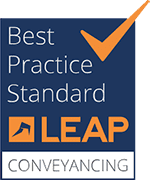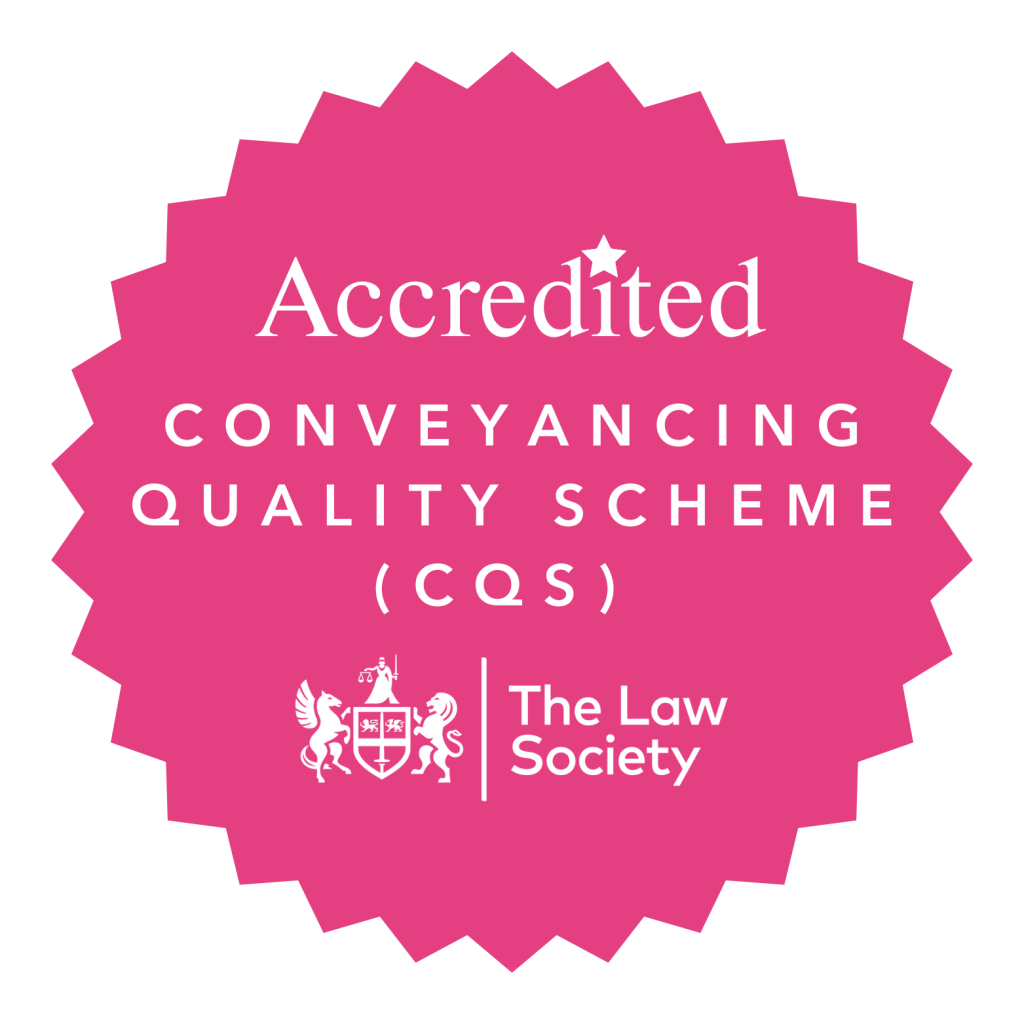
The government has recently published guidance on three key changes to child maintenance compliance that has come into effect as of 20 December 2018.
The amendments were proposed in a consultation to strengthen the Child Maintenance Service (CMS) and to prevent paying parents from evading their responsibilities. The consultation, which took place between December 2017 and February 2018, received a total of 99 responses: 88 from individuals – 21 of which identified themselves as the ‘paying’ parent and 24 as the ‘receiving’ parent – and 11 from organisations.
These legislative changes include:
- Child maintenance calculation for complex earners
- Deductions from joint accounts and unlimited liability partnership business accounts
- Removal of a passport from those avoiding child maintenance payments
Calculating child maintenance for complex income
Currently, the CMS works alongside the HM Revenue & Customs (HMRC) to gather details on a parent’s earnings. This can include their earnings from investment, property and work.
Complex earners – those parents who earn money through a range of different channels, including self-employment – are more challenging to calculate and are required by HMRC to complete a self-assessment. The government became aware that some complex earners use this financial avenue to ‘disguise their income and artificially lower their child maintenance liabilities’ and therefore, want to take steps to prevent children losing out from this behaviour.
Following the proposals made, the government will now include other types of income when calculating child maintenance in addition to granting the Financial Investigations Unit (FUI) with further powers. The FUI can amend any existing child maintenance calculation should their investigation prove a parent is deliberately hiding their income, as well as order the parent to pay any child maintenance they have avoided in the past.
The following type of income will now be included in child maintenance calculations:
- assets (for example coins, gold and property)
- revenue generated from land or property, or from a sale
- foreign income
- unearned income, including bank account interest, inheritance and rental income
Joint and unlimited partnership account deductions
Initially, child maintenance deductions from a paying parent is always taken from their individual account, however, if there is not enough money in their personal account, the government will make deductions from their jointly held account should they have one.
If there is not enough money in either the paying parent’s individual account or their joint account, deductions can be made from their unlimited liability partnership business account. These deductions will not take place if the unlimited partnership account has less than £2,000 in order to protect any third party funds being subject to the deduction.
Removing passport from paying parents
The consultation asked respondents whether a paying parent who refuses to meet their child maintenance obligations should have their passport confiscated and whether this would be more effective than current enforcement powers (such as a driving disqualification or commitment to prison). With a positive response to the suggestion, the government now has the ability to disqualify a paying parent from holding or obtaining a passport if they repeatedly avoid paying their child maintenance.
This will only occur in extreme circumstances and will apply to those paying parents who live in England, Scotland and Wales. In order to remove a passport from the paying parent, the government must gather evidence to prove they have avoided paying child maintenance. The parent will then attend a court hearing where the court will decide if their passport should be removed or cancelled.
Contact our Child Maintenance Lawyers, St Albans
If you need proactive legal representation for a child maintenance issue, or have a general query about family law, get in touch with our expert family lawyers today via the online contact form.
Post a comment
You must be logged in to post a comment.















